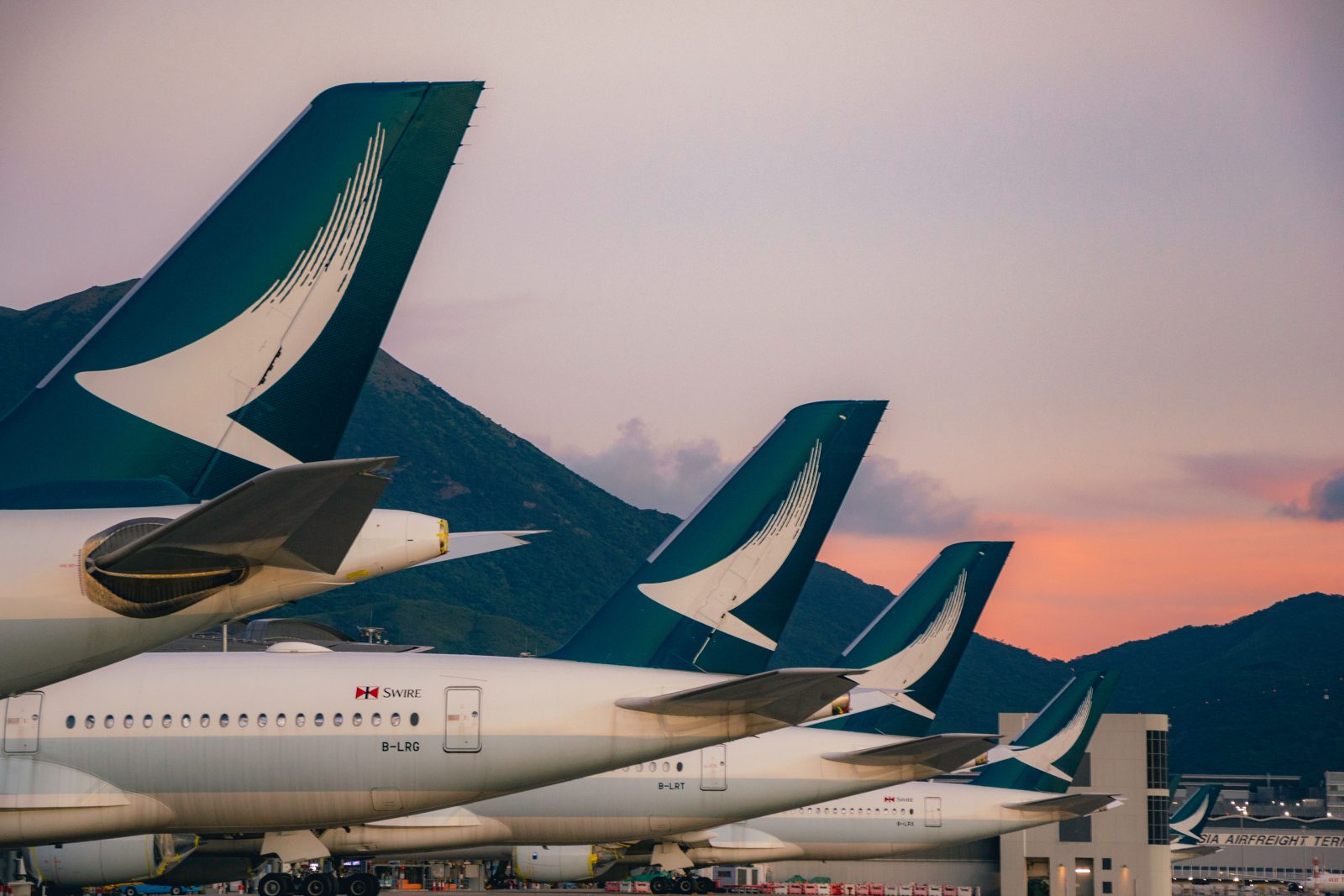
Pilots at Cathay Pacific have allegedly been taxiing at deliberately slow speeds to the gate in order to bump up their wages because they are now paid from engine start-up to engine shutdown.
The allegations came to light after managers at the Hong Kong-based airline noticed that planes were taking an unusually long time to reach the gate after they had landed at Chek Lap Kok International Airport.
According to local media, managers started to time how long it was taking for Cathay Pacific planes to taxi for takeoff and after landing, as well as planes operated by rival carriers.
The results showed that some Cathay Pacific aircraft were taking considerably longer to taxi around the airport compared to planes from other airlines and, as a result, taxiways were becoming congested, and aircraft were arriving or taking off late.
In a leaked memo, Cathay Pacific has put pilots on notice that managers are aware of the situation and are now monitoring the speeds at which aircraft are taxiing.
Cathay Pacific said taxi speeds of 30 knots are feasible but that a slower speed of between 15 to 20 knots is perfectly adequate. What it found, however, was that some aircraft were taxiing at far slower speeds than the acceptable lower limit.
The reason why pilots at the Swire-owned airline are taxiing so slowly isn’t, however, completely clear. Some sources claim the reason is that pilots are paid from the moment the aircraft engines are started to the moment they are shut down at the end of the flight, so increasing this time period will bump up wages.
The reasoning behind this theory lies in the fact that average pilot wages are down 30% compared to pre-pandemic despite a recent 3.3% pay rise.
Other sources, however, have dismissed this notion, pointing out that the additional taxi time is five or ten minutes at best which wouldn’t earn pilots much extra money. Sources do, though, claim that pilots are taxiing slower simply because they’ve lost the impetus to be efficient.
There’s no suggestion that taxiing at a lower speed could compromise safety, and Cathay Pacific said it has been working with Hong Kong’s airport authority, as well as at outstations, to maintain and safe and efficient operation.
Mateusz Maszczynski honed his skills as an international flight attendant at the most prominent airline in the Middle East and has been flying ever since... most recently for a well known European airline. Matt is passionate about the aviation industry and has become an expert in passenger experience and human-centric stories. Always keeping an ear close to the ground, Matt's industry insights, analysis and news coverage is frequently relied upon by some of the biggest names in journalism.







